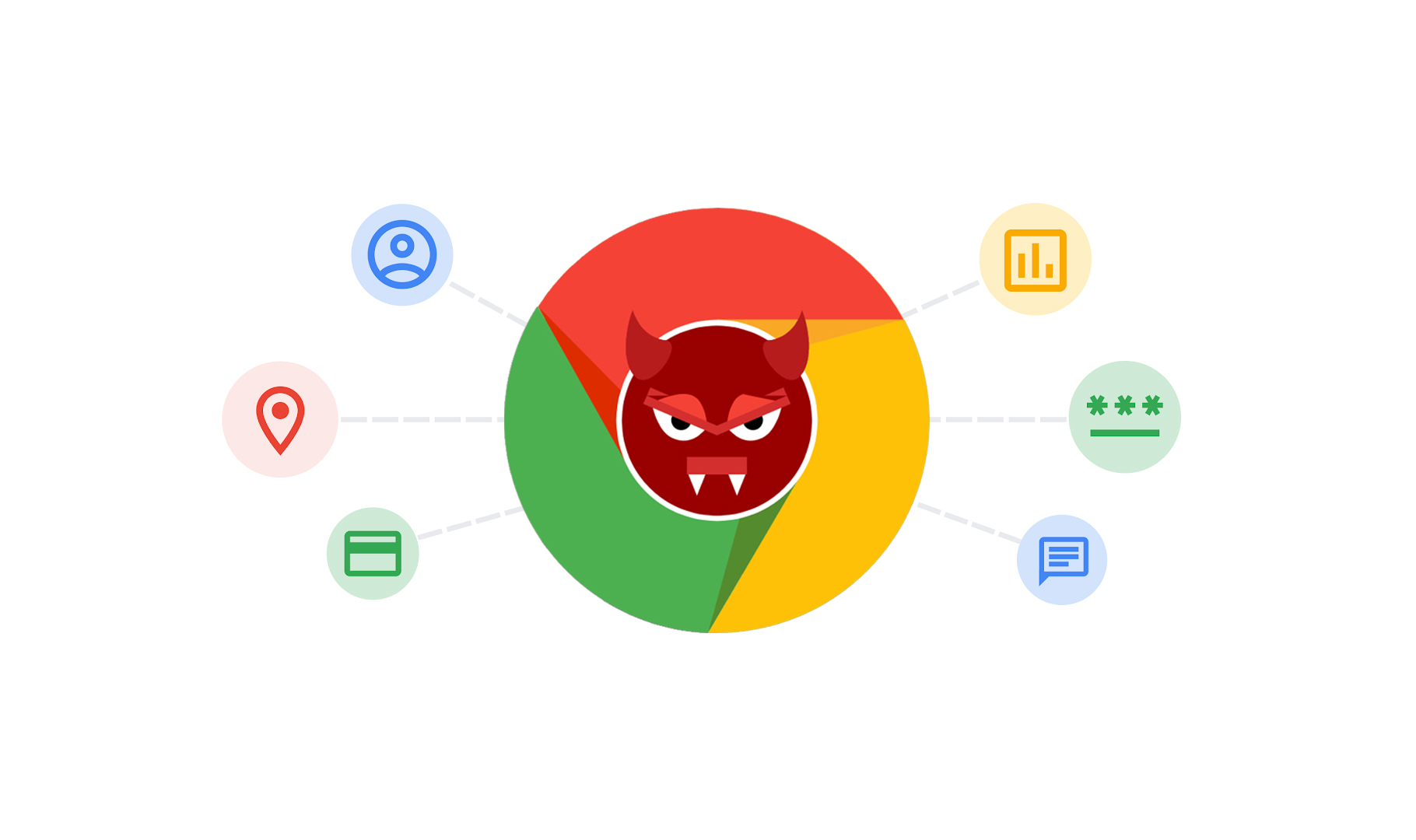experts call for increased investment in internet security – The Sun Nigeria
….As CBN, EFCC, CDS, others brainstorm
In order to combat the current incidence of internet fraud in Nigeria, information technology (IT) professionals on the platform of the Nigeria Computer Society (NCS) have said that the country has to invest significantly in cyber security, develop local skills, and take IT more seriously.
NCS President, Prof Adesina Sodiya stated this at the opening of the Annual Cyber Security Forum and Workshop organised by the organisation, Wednesday in Abuja.
Sodiya said the workshop, which was attended by representatives of the Central Bank of Nigeria (CBN), the the Economic and Financial Crimes Commission (EFCC), Chief of Defence Staff, among other top government institutions and functionaries, was to provide a platform for experts to come together and discuss how the nation’s cyber security challenges could be solved.
According to him, “A lot is going on in the financial and other sectors. You just heard from the EFCC guy where he confirmed that they are facing a lot of challenges in the area of cyber security. The issue is that so many of our young men, mostly due to unemployment are taking into cyber crimes. If you know what our youths can do, you would be amazed.”
Speaking further, he recommended that, “The first thing we need to do to address the issue of cyber insecurity is to invest more in cyber security protection. Critical information infrastructure protection. Some people in government, still do not know the level of threat that we have and even when some IT professionals are mentioning these threats, they feel that they want to use the opportunity to get money and so on and so forth but, the truth remains that we need to invest more on cyber security.
“We also need to truly make cyber security a business. Some of these guys that are experts, we should find a way of harnessing their skills for something that is go for the nation.
“Then again, government should take the issue of IT very seriously. The issue of IT is not something they should play with. Look at what happened to INEC, we told them that they needed to prepare well for cyber security. We sent proposals to them. Eventually, one of the…



